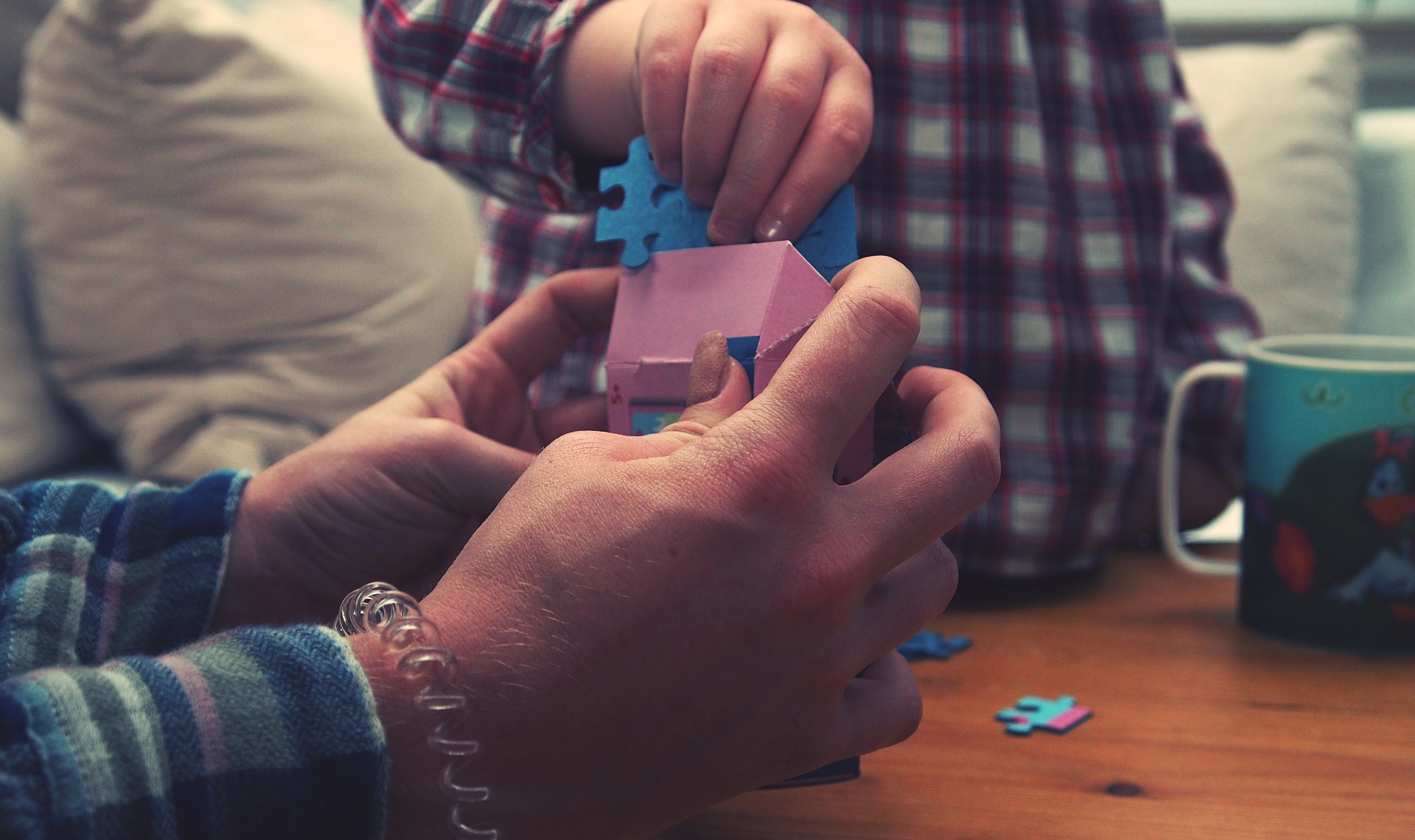Can Parents Sue If Their Kid Is Born With the 'Wrong' DNA?
By Kristen V. Brown,
Gizmodo
| 04. 18. 2017
It’s a nightmare scenario straight out of a primetime drama: a child-seeking couple visits a fertility clinic to try their luck with in-vitro fertilization, only to wind up accidentally impregnated by the wrong sperm.
In a fascinating legal case out of Singapore, the country’s Supreme Court ruled that this situation doesn’t just constitute medical malpractice. The fertility clinic, the court recently ruled, must pay the parents 30% of upkeep costs for the child for a loss of ‘genetic affinity.’ In other words, the clinic must pay the parents’ child support not only because they made a terrible medical mistake, but because the child didn’t wind up with the right genes.
At a time when rapidly advancing science and technology puts things like genetically engineering embryos to prevent disease in the realm of reality, the case sets an intriguing precedent. First, it places a monetary value on the amount of DNA that a child shares with their parents. And it suggests that the base genetic makeup of a child can actually be ‘wrong.’
“It’s suggesting that the child...
Related Articles
By Diaa Hadid and Shweta Desai, NPR | 01.29.2026
MUMBRA, India — The afternoon sun shines on the woman in a commuter-town café, highlighting her almond-shaped eyes and pale skin, a look often sought after by couples who need an egg to have a baby.
"I have good eggs,"...
By Shobita Parthasarathya, Science | 01.22.2026
These are extraordinarily challenging times for university researchers across the United States. After decades of government largess based on the idea that a large and well-financed research ecosystem will produce social and economic progress, there have been huge cuts in...
Group of Tuskegee Experiment test subjects
Public Domain via Wikimedia Commons
Every generation needs to learn about what is commonly known as the Tuskegee syphilis study, which ran from 1932 to 1972. (Officially, it was the U.S. Public Health Service Syphilis Study at Tuskegee, Alabama, which gets the emphasis right.) For many people, the history is hard to believe, though it is hardly unique. Of the 600 subjects, all Black men, 399 had syphilis, for which...
By Evelina Johansson Wilén, Jacobin | 01.18.2026
In her book The Argonauts, Maggie Nelson describes pregnancy as an experience marked by a peculiar duality. On the one hand, it is deeply transformative, bodily alien, sometimes almost incomprehensible to the person undergoing it. On the other hand...




